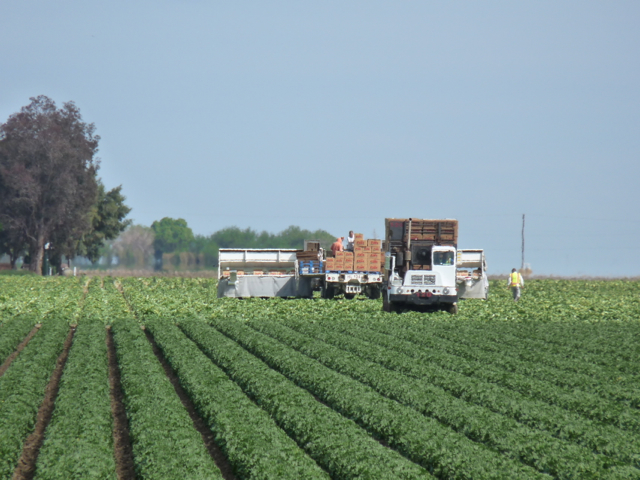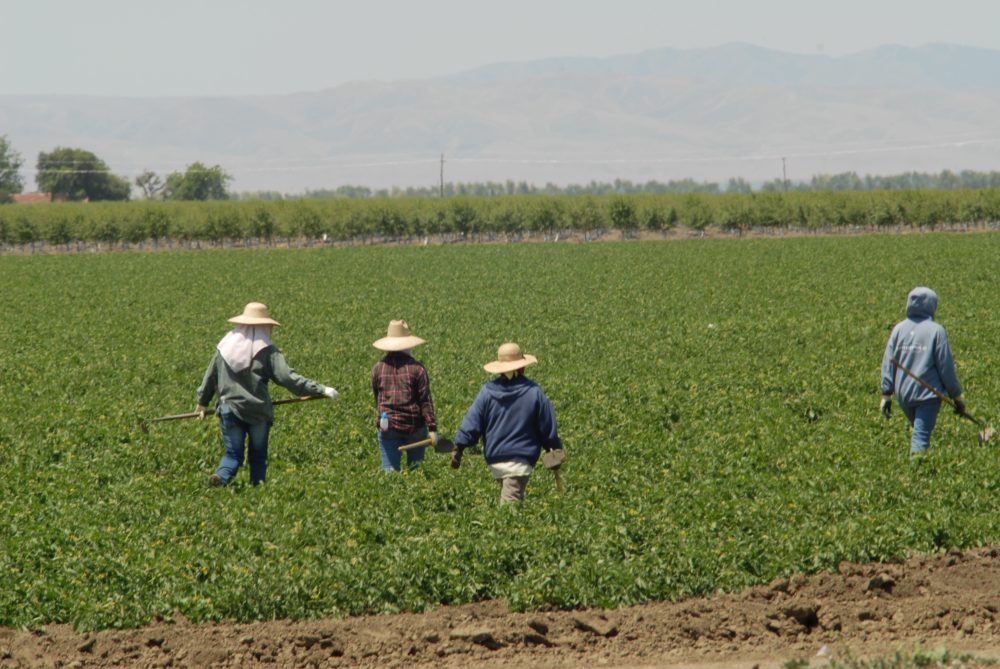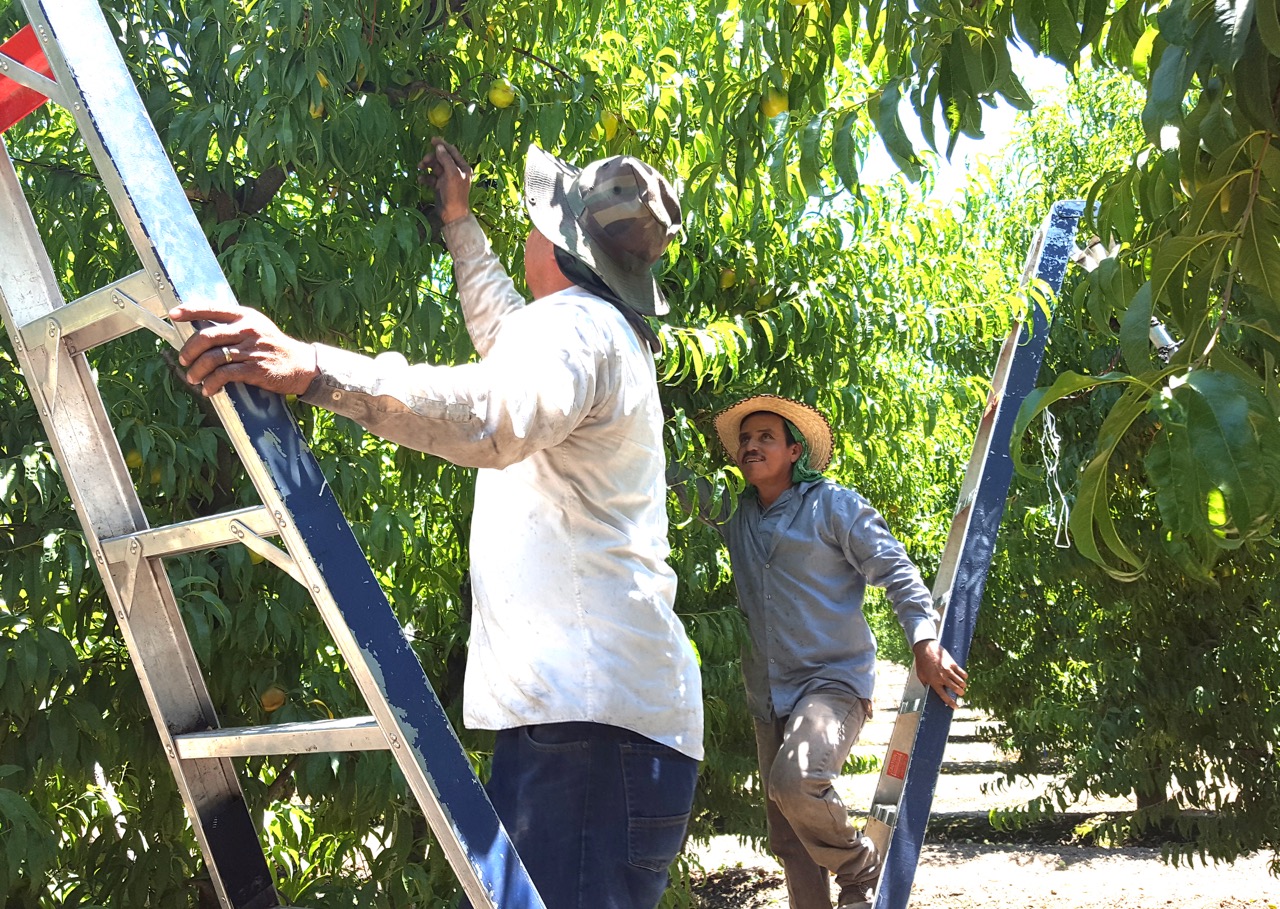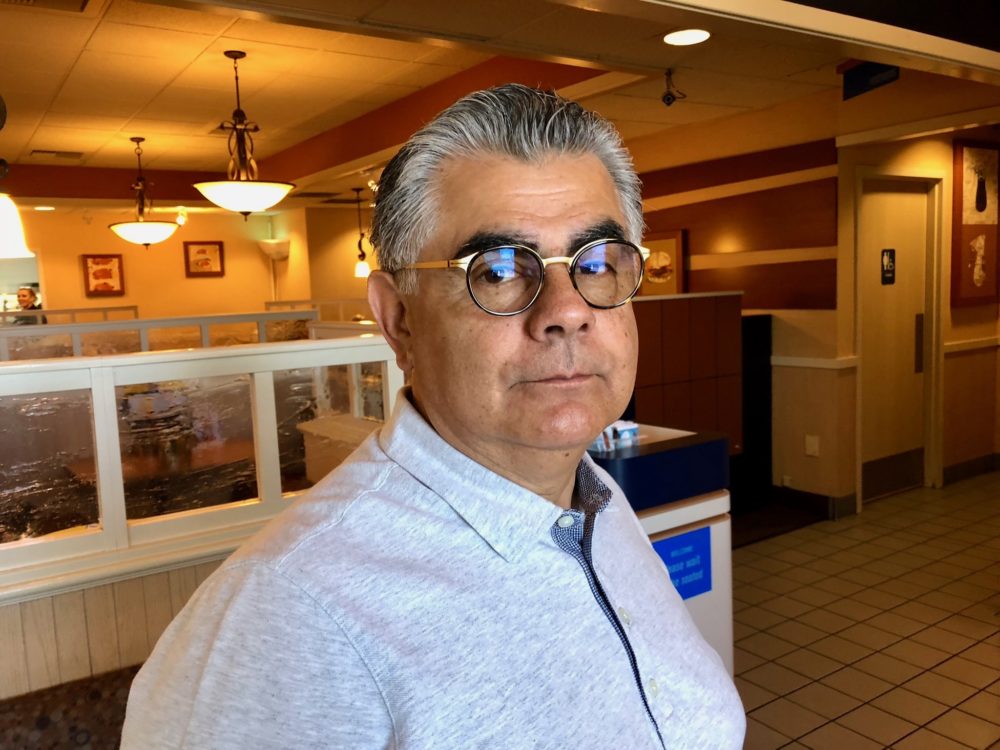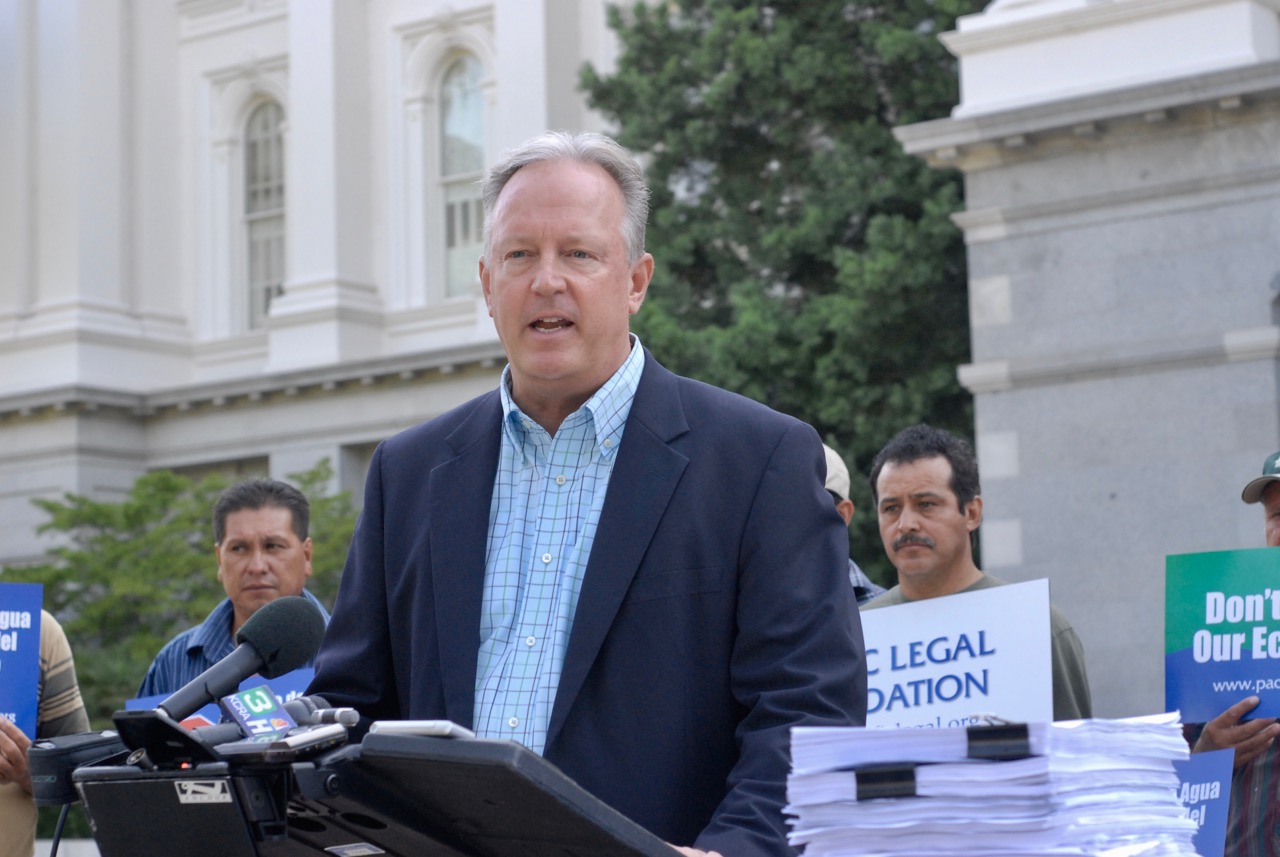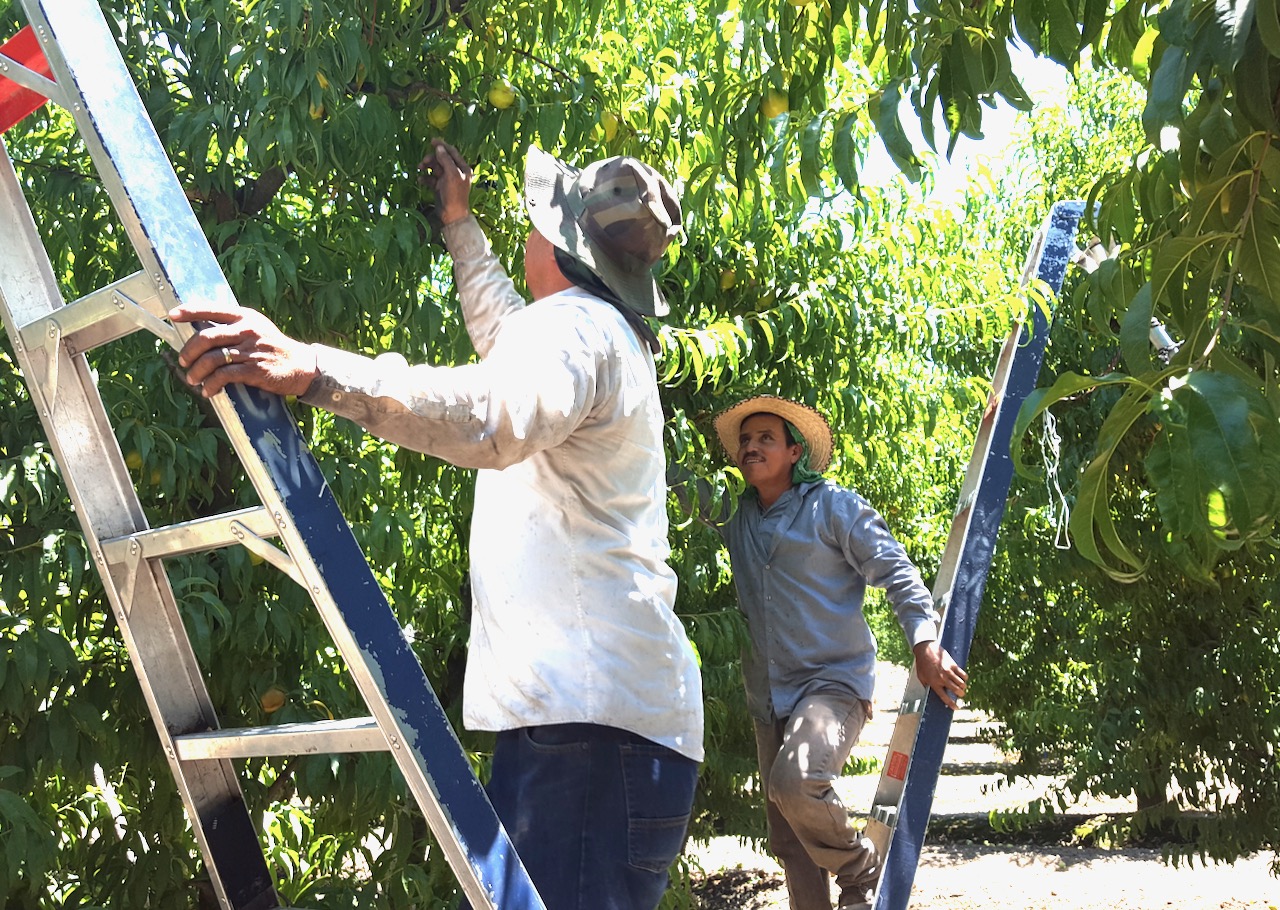Food Safety in the Field and Post Harvest
Farmers See Food Safety As Critical
By Jessica Theisman, Associate Editor
There was a recent panel discussion at the Safe Food of California Convention on how to keep food safe in the field and post-harvest. Tom Jones, senior director of analytic services with the Safe Food Alliance, stated that microbial food safety is being looked at to see what the key factors are.
The morning session was focused on getting the essential points of microbial food safety, such as what to worry about, key parameters to minimize the chance of contamination, and chemical contaminants.
“California agriculture is involved in growing crops for around the world, and so there are other concerns that we have to think about, such as pesticides or mycotoxins, where regulations might be different in different countries,” Jones said.
The Safe Food Alliance has to think about what products the consumer, customers, and buyers are looking for.
Innovative ideas like Blockchain are being used to keep food safe by tracking information.
“There are alternative treatments to traditional thermal processes that maintain the freshness of the food and its nutritional quantity, but [are] also able to destroy the pathogens,” Jones said.
Experts in Sacramento are advocating for food safety every day. They also advocate for agriculture and the challenges faced both domestically and internationally.
“We talked about everything from the challenges of Immigration and Labor to proposition 65 toxins regulations, the current trade disputes internationally, and how those are impacting California agriculture,” Jones said.

